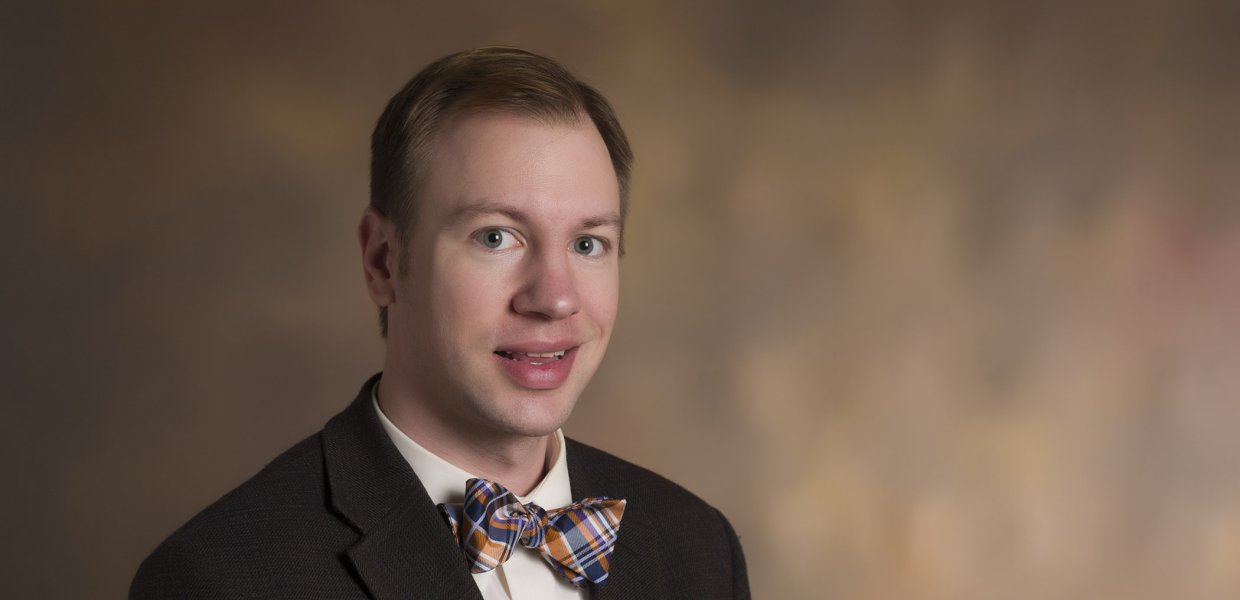Name: L. Paul Strait
Graduation Year: 2014
Current Position: Assistant Professor of Communication Studies and Director of Forensics at the University of Southern Mississippi
Research Area: Argumentation; Medical Humanities; Rhetoric of Science; Risk Society
Recent Publications and Presentations:
Koerber, A., Arduser, L., Bennett, J., Kolodziejski, L., Sastry, S., & Strait, L. P. (2015). Risk and vulnerable, medicalized bodies. POROI, 11(1), 1-9. DOI: 10.13008/2151-2957.1222
Strait, L. P. (2015). Recovering from pathological argumentation: A theory of argument systems and intersubjective psychosis. Paper presented to the 19th Biennial NCA/AFA Summer Conference on Argumentation, Alta, Utah.
Strait, L. P. (2015). Psychiatric Social Movements and the DSM. Paper presented to the 101st Annual National Communication Association (NCA) conference, Las Vegas, NV.
Strait, L. P., & Goodnight, G. T. (2014). Antidepressants and iatrogenic suicidality: Disturbing arguments in the politics of the supplement, in C. Palczewski (ed.), Disturbing Argument, pp. 395-400. New York: Taylor & Francis.
Strait, L. P. (2014). DSM5 and the medicalization of criminalized risks. Paper presented to the 100th Annual Meeting of the National Communication Association, Chicago, Illinois.
Strait, L. P. (2014). The presence of discarded models of pathology in contemporary psychiatric discourses. Paper presented to the 100th Annual Meeting of the National Communication Association, Chicago, Illinois.
Strait, L. P. (2014). Psychosis risk society: Articulating the risks of preventive psychiatry. Paper presented to the Association for the Rhetoric of Science and Technology preconference at the 100th Annual Meeting of the National Communication Association, Chicago, Illinois.
Strait, L. P. (2014). A pragma-dialectical approach to the decision-making paradigm in academic debate. Paper presented to the 8th Conference of the International Society for the Study of Argumentation (ISSA), Amsterdam, Netherlands.
Strait, L. P. (2014). Allen Frances goes rogue: DSM5 and the rhetorical border of institutional psychiatry. Paper presented to the 16th Biennial Rhetoric Society of America Conference, San Antonio, Texas.
Ph.D. Dissertation: "Deliberating the Science of Madness: DSM-5 and the Polytechtonic Rhetorical Economy of Psychiatric Nosological Controversy," directed by Tom Goodnight. It is a study of controversies about how mental illnesses are defined, classified, and diagnosed. The central locus of inquiry is the recent revision of the American Psychiatric Association's Diagnostic and Statistical Manual of Mental Disorders, the fifth edition of which (DSM-5) was published in 2013. I argued that as psychiatric knowledge advances, discursive forms embodying old institutional logics and theoretical paradigms leave residues that retain their suasive character. These sedimented rhetorical residues play a significant role in many of the developments and impasses in the controversies surrounding DSM-5. Through a rhetorical historiography of medical articles and textbooks primarily from the last 300 years, I demonstrated that our contemporary concepts of psychosis are the result of the projection of tensions between discrete and continuous terminologies, ontological and functional interpretations of health and sickness, and psychodynamic and neurobiological descriptions of the mind into the temporal dimension. The dissertation provides a reading of DSM-5 in terms of the 'politics of the supplement,' a field of contestation concerning the risks and benefits of the new technologies of the self with which we (re)define our human nature.
Website/Twitter: www.lpaulstrait.com / @pizzystrizzy
Favorite thing about USC Annenberg: I really appreciate that within the scholastic milieu at USC Annenberg, there is a dual emphasis placed on intellectual diversity and creativity. Not only do all sorts of different theoretical and methodological perspectives happily coexist, but students are encouraged to use mixed methods and take an interdisciplinary approach to their research. Students are also encouraged to be as creative as possible and to select problems that are personally meaningful and interesting to them. These are optimal conditions, I think, for training as a scholar.
